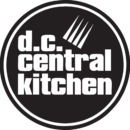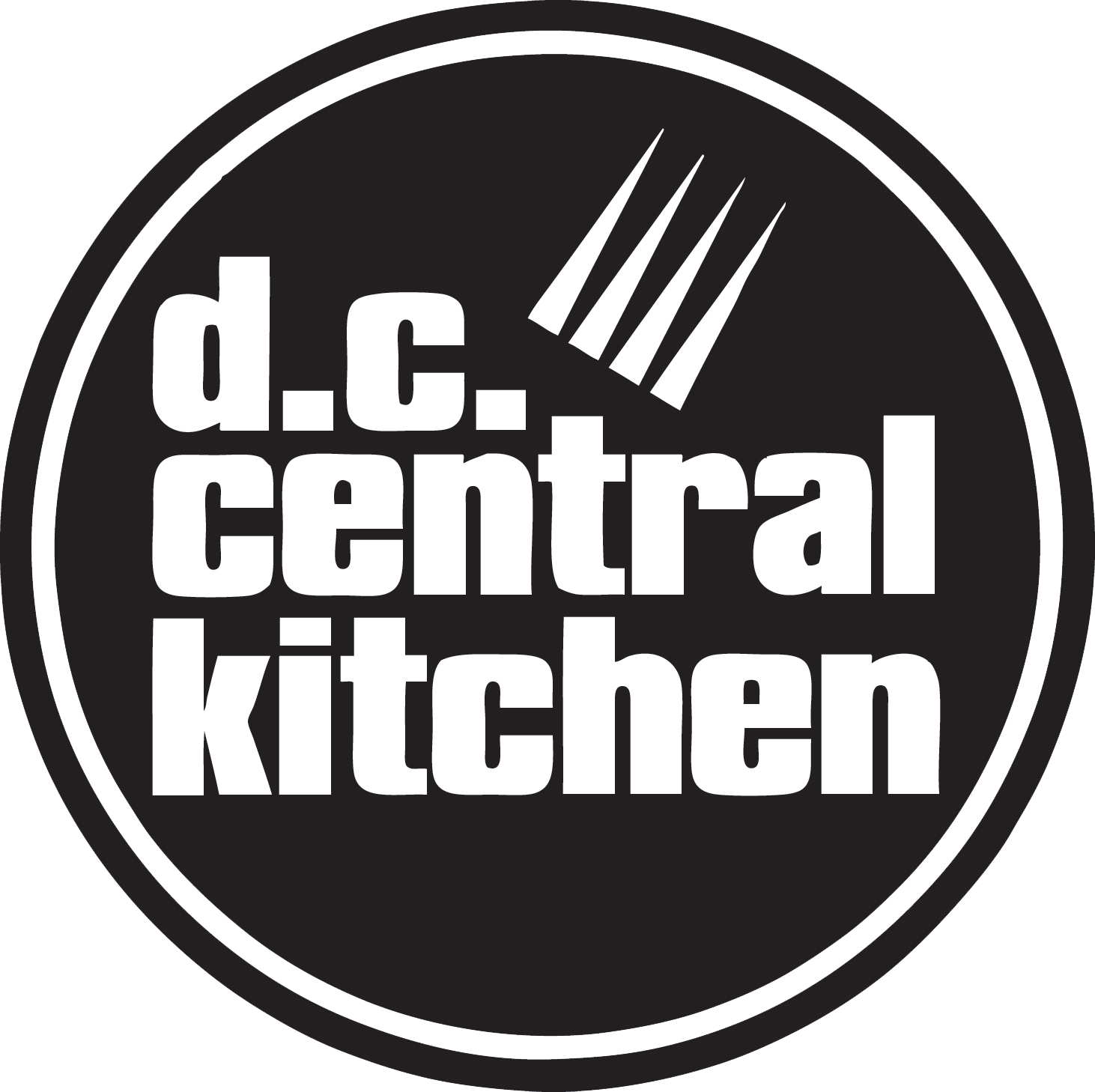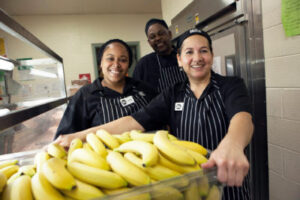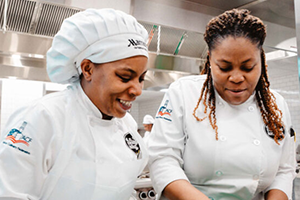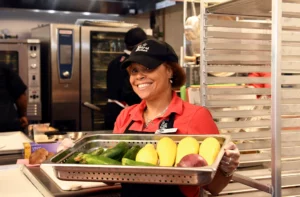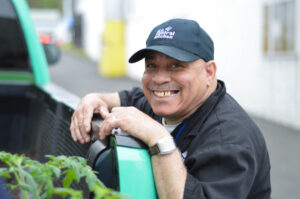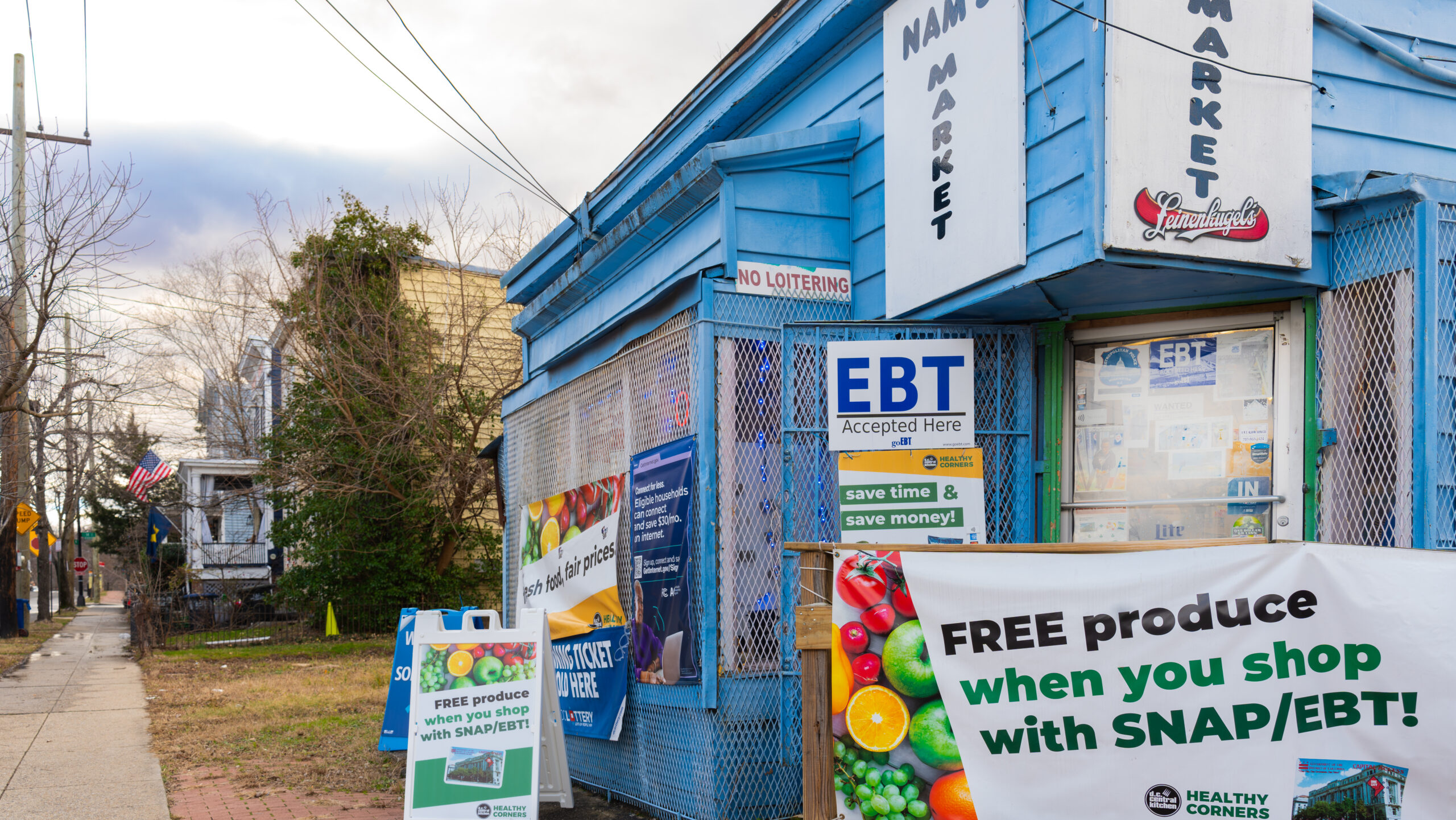September is Hunger Action Month. Traditionally, this is a time when food insecure children are back in schools and able to count on nutritious meals in their cafeterias. When corporations and faith-based groups start planning their fall food drives and charitable service projects. And when nonprofits like DC Central Kitchen brace themselves for an inundation of year-end needs as family budgets run short and costs of living for those on the edge of hunger creep ever higher.
All of these realities are true again this year, but our community is even less equipped to respond to the daily realities of hunger and food insecurity than in years past. As The Washington Post recently reported, “Nonprofits that feed D.C.’s poorest residents are laying off staff, as inflation hits donations, pandemic-era aid ebbs and the number of people relying on their free meals soars.”
DC Central Kitchen is just one of dozens of area organizations grappling with the persistently high needs for food assistance in DC as we serve more than 16,000 meals each day. While we are not among the numerous front-line groups currently grappling with layoffs, we can attest to how strained this city’s provider network has become. And unfortunately, in a city where 38% of residents say they are food insecure, a 3% increase from 2023, and 140,000 people rely on the federal Supplemental Nutrition Assistance Program (SNAP), we are bracing for DC’s hunger crisis to become even worse.
SNAP is one of the best tools for fighting hunger and fueling people toward self-sufficiency. It is consistently cited by our students as a vital stopgap that helps them through our 14-week Culinary Job Training program before joining the workforce—which our students did with a 91% job placement rate in the last year. However, in 2023, the end of federal pandemic-era ‘emergency allotments’ to the SNAP program dramatically reduced the monthly benefits available to DC residents who depend on SNAP in a high-cost market hit hard by inflationary pressures on food. The resulting impact on our food access programs was almost immediate, with demand for free groceries spiking 37% and instances of low-income people using SNAP to purchase healthy food at our partner Healthy Corners retailers falling by 38%.
In January 2024, the DC Government responded, enacting a temporary ‘Give SNAP a Raise’ policy with local tax dollars. Our Healthy Corners program, which brings discounted fruits and vegetables to 58 small corner stores in neighborhoods without supermarkets, tracked a sudden change in consumer behavior. The number of recorded SNAP transactions including our healthy produce items jumped by 74% in less than two months. By March, the number of these transactions had doubled compared to the same period one year prior, when federal emergency allotments had just ended, and they remained at those same levels or better throughout the summer of 2024. To put it plainly, when DC households had even the most basic level of SNAP resources needed to make healthy choices at local businesses, they did so—in record numbers. July 2024 saw the greatest healthy food sales in the 13 years we have operated the Healthy Corners program, a boon for small businesses and their customers who could finally find and afford nutritious options within walking distance.
But on September 30, this local boost to SNAP will end. The contentious budgeting process that dominated the John A. Wilson Building for months found no money to continue bolstering SNAP benefits. The burden of this cut will fall squarely on nonprofits like ours, nonprofits that have been working overdrive since the start of the pandemic. We recently extended our weekday operations to 20 hours a day to keep pace with demand. If, as The Post reported, our city’s nonprofits are already struggling to meet record needs while these funds are in place, we should all be concerned about how dire the situation will become when benefits fall once again.
Local nonprofits are cutting staff and curtailing food assistance programs. Household benefits and philanthropic donations are in decline. Though food costs remain well above pre-pandemic levels for consumers, DC’s small businesses are now set to lose out on millions in potential revenue from SNAP. These conditions constitute a perfect storm of hunger, heath problems, and continued hardship in our city.
For 13,000 consecutive days, DC Central Kitchen has tirelessly worked to provide the meals, training, and opportunities our neighbors need to choose another path. This Hunger Action Month, we are forced to ask: will others in our city choose a different one as well?
You can help us step up today by making a donation to DC Central Kitchen, volunteering to prepare meals, or supporting some of our incredible front-line food access partners below:
Washington Nationals Philanthropies
Michael F. Curtin, Jr. is the Chief Executive Officer of DC Central Kitchen, where he has served in leadership since 2004. Alexander Moore is the long-time Chief Development Officer of DC Central Kitchen and the author of The Food Fighters: A History of DC Central Kitchen.
